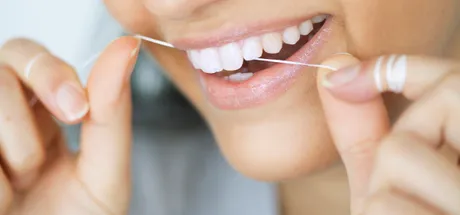Bad breath, medically known as halitosis, is a common issue affecting many people, often causing self-consciousness. While frequently linked to diet or poor oral hygiene, finding an effective bad breath treatment can significantly improve your daily comfort and confidence. At Weldricks Pharmacy, we offer a comprehensive selection of solutions tailored to help you tackle halitosis, from refreshing mouthwashes and convenient sprays to specialized gels and chewing gums.
Our range includes trusted products designed to neutralise odours and promote a healthier mouth. Explore our collection of leading dental care products, featuring options from popular brands like UltraDEX and CB12, ensuring you find the right bad breath treatment to suit your needs.
Comprehensive Solutions for Halitosis
Tackling bad breath effectively involves a combination of good habits and the right products. Halitosis can be influenced by various factors, including the foods you eat, your oral hygiene practices, and even your overall health. Here are key strategies and treatments to help you maintain fresh breath:
- Enhance Oral Hygiene: Regular and thorough brushing (at least twice daily for two minutes) alongside daily flossing is crucial to remove food particles and plaque, which are primary causes of bad breath.
- Utilise Halitosis Mouthwash: Incorporate a high-quality halitosis mouthwash into your routine. Look for products containing active ingredients such as chlorhexidine or cetylpyridinium chloride, which are known for their antibacterial properties and ability to neutralise odour-causing compounds. Brands like Corsodyl and Listerine offer excellent options.
- Stay Hydrated: Drinking plenty of water throughout the day helps stimulate saliva production, which naturally cleanses the mouth and washes away bacteria and food debris.
- Monitor Your Diet: Certain strong-smelling foods, such as garlic, onions, and some spices, can contribute to temporary bad breath. Being mindful of these can help, especially before social interactions.
- Quit Smoking: Smoking is a significant contributor to halitosis and can exacerbate gum disease. Quitting can dramatically improve your breath and overall oral health.
- Regular Dental Check-ups: Professional dental cleanings and examinations are vital. Dentists can identify and treat underlying issues like gum disease, cavities, or infections that might be causing persistent bad breath.
If you've tried various home bad breath treatments and the issue persists, it's advisable to consult a healthcare professional or your dentist to rule out any underlying medical conditions.

